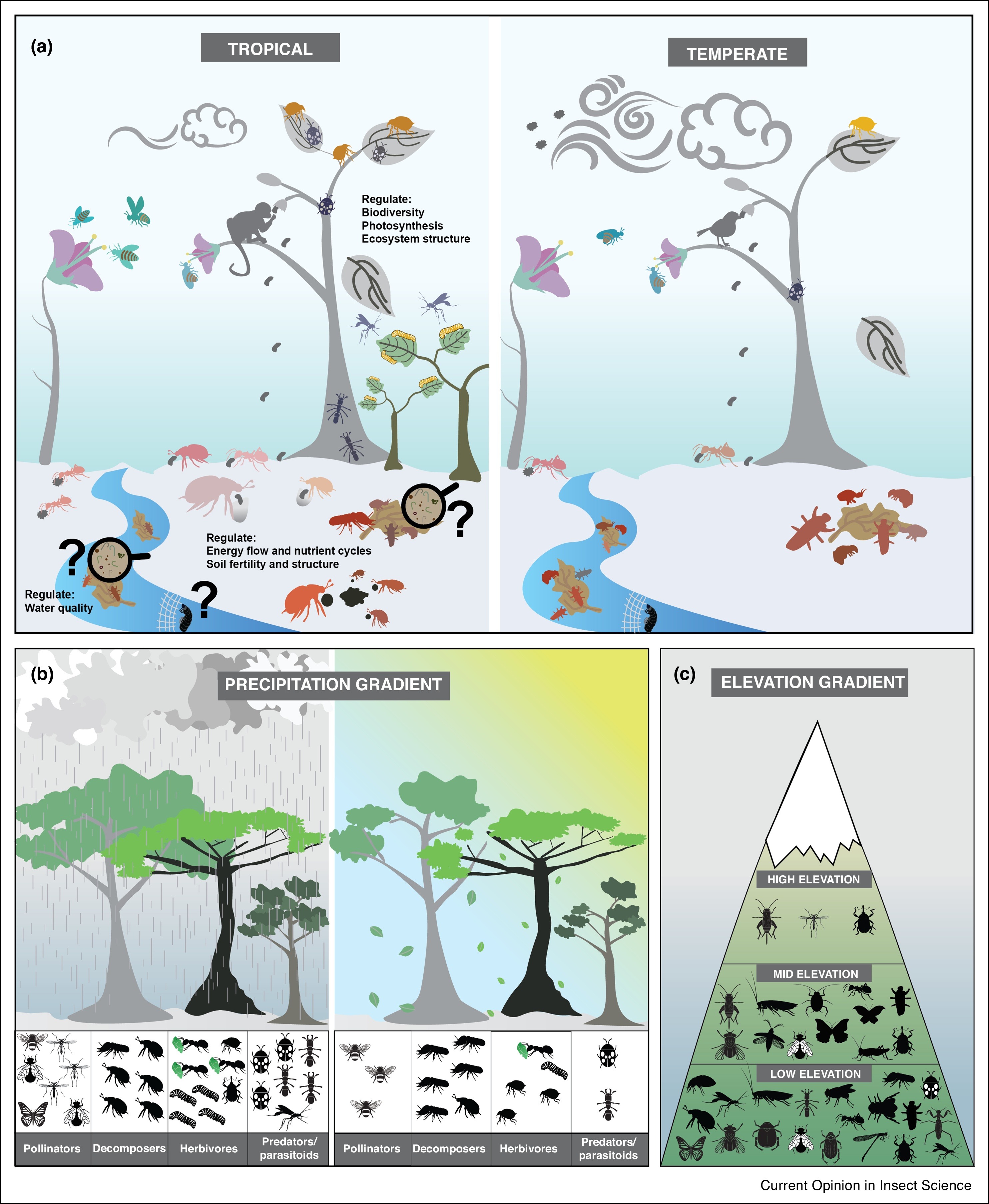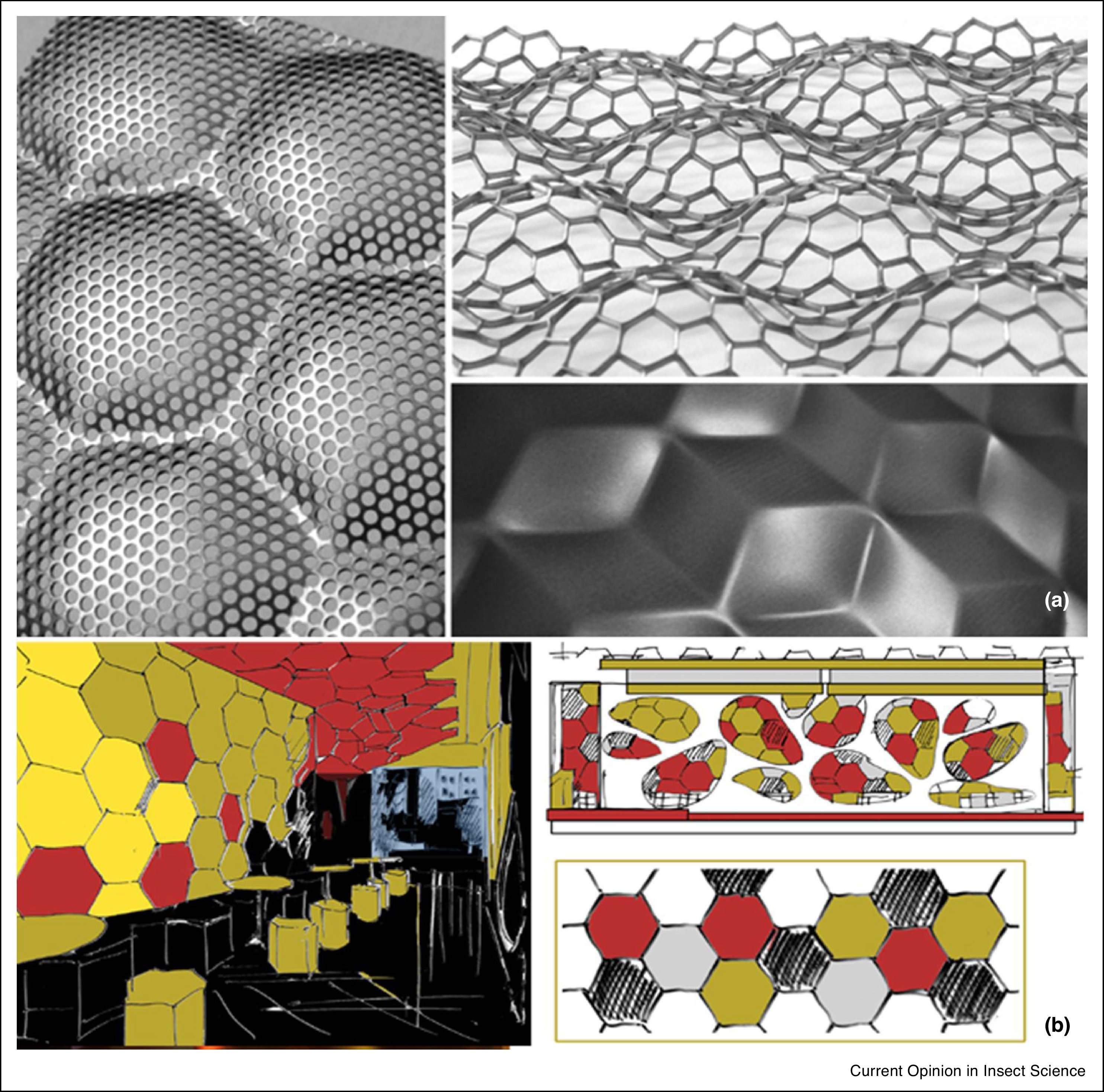Materials, structures, surfaces and buildings of insects are of a great scientific interest, but such basic knowledge about the functional principles of these structures is also highly relevant for technical applications, especially in architecture. Some of the greatest challenges for today's architecture are multifunctionality, energy saving and sustainability — problems that insects have partially solved during their evolution. Entomologists have collected a huge amount of information about the structure and function of such living constructions and surfaces.
Global climate change and land degradation are two grand changes facing humanity. In this perspective, we examine how degraded and abandoned farmland can be harnessed to fight climate change. Building upon and extending natural climate solutions, we suggest that the carbon capture and storage of abandoned farmland can be accelerated and maximized through restoring the diversity of plant species, applying biochar to soil, and co-developing renewable energy such as solar power. The benefits of these approaches extend far beyond climate-change mitigation and land restoration.




